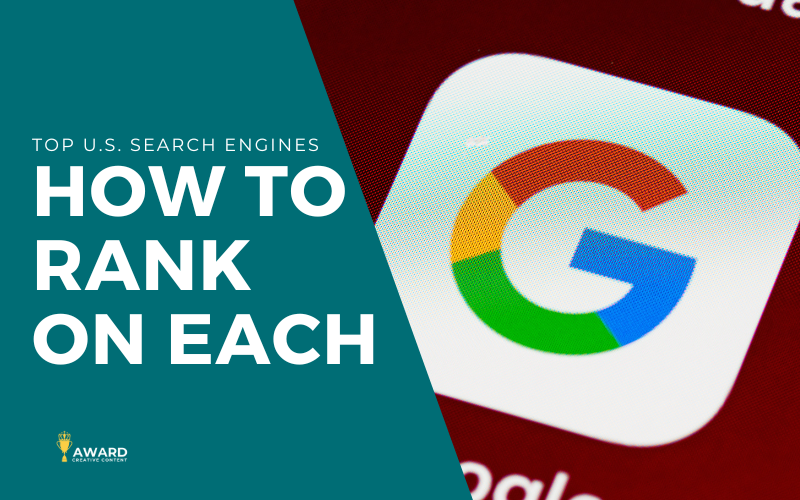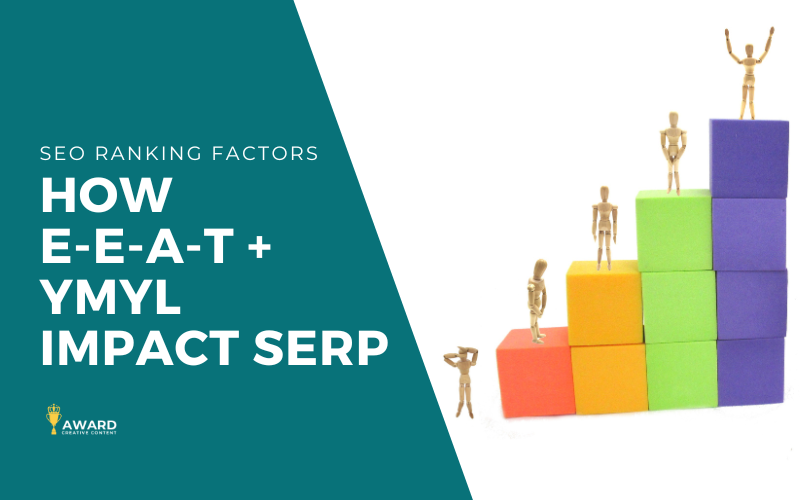“How long does it take to rank on Google?”—It’s the question every SEO professional hears at some point, and usually often.
While I’d love to deliver the instant-gratification answer, the reality is more complicated. SEO is a long-haul commitment, and sometimes it’s slower than we’d all prefer. But if you play it right and stick with the plan, it can deliver some of the most reliable, lasting results in the digital marketing world.
And before we dive in, yes, sometimes the first question is what is SEO. So, if you’re like my buddy Fred on our call last week, we’ll touch on that a bit today too.
Tracking SERPS: How Long ’til I’m Ranking High?
- SEO Is a Marathon: You’re not going to see major results in 30 days. Expect at least 3–6 months—and often 6+—to see real traction.
- Steady Work Beats All: Regular content updates, on-page optimization, and backlink outreach are crucial.
- Set Expectations: Clients wanting “now” traffic might need PPC while your SEO efforts heat up.

Search Engine Basics
In essence, search engine optimization is all about getting your website found by the right people at the right time. Our recent explainer about SEO 101 describes how search engine optimization combines on-page elements (like keywords, meta tags, and site structure) with off-page signals, like backlinks.
When both sides are in sync, search engines like Google see your content as relevant and reliable—pushing it higher in the results. This means more eyes on your pages and ultimately more potential customers landing in your digital space.
Why is SEO a Long Game?
Unlike paid ads, where you flip a switch and get immediate (though fleeting) traffic, SEO is an organic process. Think of it as a workout regimen for your website: you won’t see abs or a six-minute mile overnight. Google doesn’t immediately “trust” a brand-new site or a fresh piece of content. It needs time to crawl, index, and gauge your site’s reliability.
Authoritative SEO sites like Ahrefs and Semrush confirm that achieving noticeable, stable results often takes 3–6 months, sometimes edging into 6–12 months. Yes, that’s quite the range—but SEO is kinda like planting fruit trees: consistent care and patience lead to the biggest, juiciest harvest later on.
While we can’t nail down a specific timeline for when a site or page will start to rank, the below factors help create an estimate:
How Can I Improve My Google SERP?
- Age: Established domains tend to rank faster than brand-new ones. If your site is new, you’ll likely need to be patient, invest heavily in quick traffic efforts like PPC, and/or hope you go viral in a positive way.
- Know Your Competition: Some niches are more crowded than Downtown Manhattan pre congestion pricing. You may be duking it out with big competitors who may have years (or decades) of authority on you.
- Content Volume and Quality: It’s less about quantity and more about frequent quality. While optimizing keywords is important, think about what you’re putting out there. A single 500-word piece every other month won’t cut it for major growth. Similarly, 2000+ word blogs of jargon tend to be on the decline. Essentially, if you’re just spitting out fluff, expect a long, uphill climb.
- Link Profile: High-quality backlinks from reputable sites accelerate SEO. Setup your internal and external linking plans for the best results.
- User Experience: If visitors bounce immediately or face a slow site, your rankings will stall. Not sure where to start? Look at the data and/or consider what you like and don’t like most about sites in your field.
- Technical Cleanup: If you have site architecture issues, slow loading times, or indexability problems, Google’s going to keep you at arm’s length. Fixing these can be immediate or a slog, depending on resources and bandwidth.
Realistically, you might see small gains in a few months—like rising from position 50 to 30 on certain keywords. However, actual first-page appearances for competitive terms often appear around the 6+ month mark, assuming consistent effort.
Learn about AWARD’s SEO and marketing services today!
SEO Growth Plan
You’re settling in for the long haul—good call. Here’s a rough outline I’ve used over the years (and is backed by similar plans laid out by SEO heavy-hitters like Abstrakt and Forbes):
Months 1–2: Foundational Work
- Full site audit, fix glaring technical issues (broken links, slow load times, indexing blocks).
- Keyword research. Refine your content strategy.
- Start adjusting on-page elements: titles, meta descriptions, headings.
Months 3–4: Building Up
- Create or update core content pages.
- Develop a steady backlink outreach campaign.
- Start posting optimized blog content regularly (once a week or biweekly).
Months 5–6: Traffic Rise
- You should see an uptick in organic traffic if you’re consistent.
- Expand your keyword targets, update old content, and keep building links.
Months 7–9: Momentum
- SERP positions get more stable; some primary keywords may hit first-page territory.
- Keep content fresh. Analyze site metrics; improve user experience.
Months 10–12: Scaling & Sustaining
- By now, you should see a notable ROI, not just impressions.
- Maintain/expand your content strategy, keep optimizing. SEO never truly ends.
What to Do When Clients Want Immediate Results?
This section’s for the SEO professionals. Even after laying out the reality of SEO, some may want those immediate results. And rather than switch to PPC and its quicker results, they’ll want to push back on the person handling SEO (or possibly replace them with someone else).
I’ve faced these issues at BrandYourself and in my 10+ years as a freelance content writer and strategist. When these moments arise, I like to:
- Set Expectations: The biggest job in SEO is telling people not to expect a miracle in two weeks. Even Reddit’s r/SEO pros joke that SEO is “forever.”
- Show Quick Wins: Maybe fix a broken site structure or refresh outdated content to see a small but noticeable traffic bump.
- Share Competitive Research: Show how top-ranked sites have a multi-year content history and thousands of backlinks. Demonstrating the scope helps them realize it’s a marathon, not a sprint. Offer to track those sites as part of your monthly reporting.
What is SEO’s Importance in 2025 and Beyond?
AI is coming in hot and likely here to stay. So, that means SEO is dead, right?
Not exactly–but it’s certainly evolving. 2025 is far from the year SEO goes to the grave—in fact, it’s evolving to reward user-focused strategies and authentic, high-quality content more than ever.
While AI may handle routine tasks or simple queries, human insight, brand storytelling, and deep analysis remain essential. As search engines become smarter, they increasingly prioritize genuinely helpful, relevant information over keyword-stuffed filler.
At AWARD, we recommend that clients embrace the shift toward better user experiences and let your content shine in an increasingly competitive, tech-driven landscape.
More Helpful SEO Tips from AWARD CC
Looking for more insights on how to power your brand’s SEO strategy in 2025? Check out some of these recent blogs from AWARD:
- Top Internet Search Engines in America: How to Rank
- SEO in 2025 + Beyond
- How E-E-A-T, YMYL, and Content Authority Impact SEO Scores
- What is Cannabis Search Engine Marketing?
- Is SEO Dead?
- SEO for Cannabis Brands: Navigating Marketing Constraints
- How Does SEO Work?
- Going Beyond Keywords and Backlinks
- Why Content Marketing is Important to Business Success
Want AWARD on your SEO journey? Contact us today! We’ll be happy to help you on your SEO journey, no matter where you are in the process.




